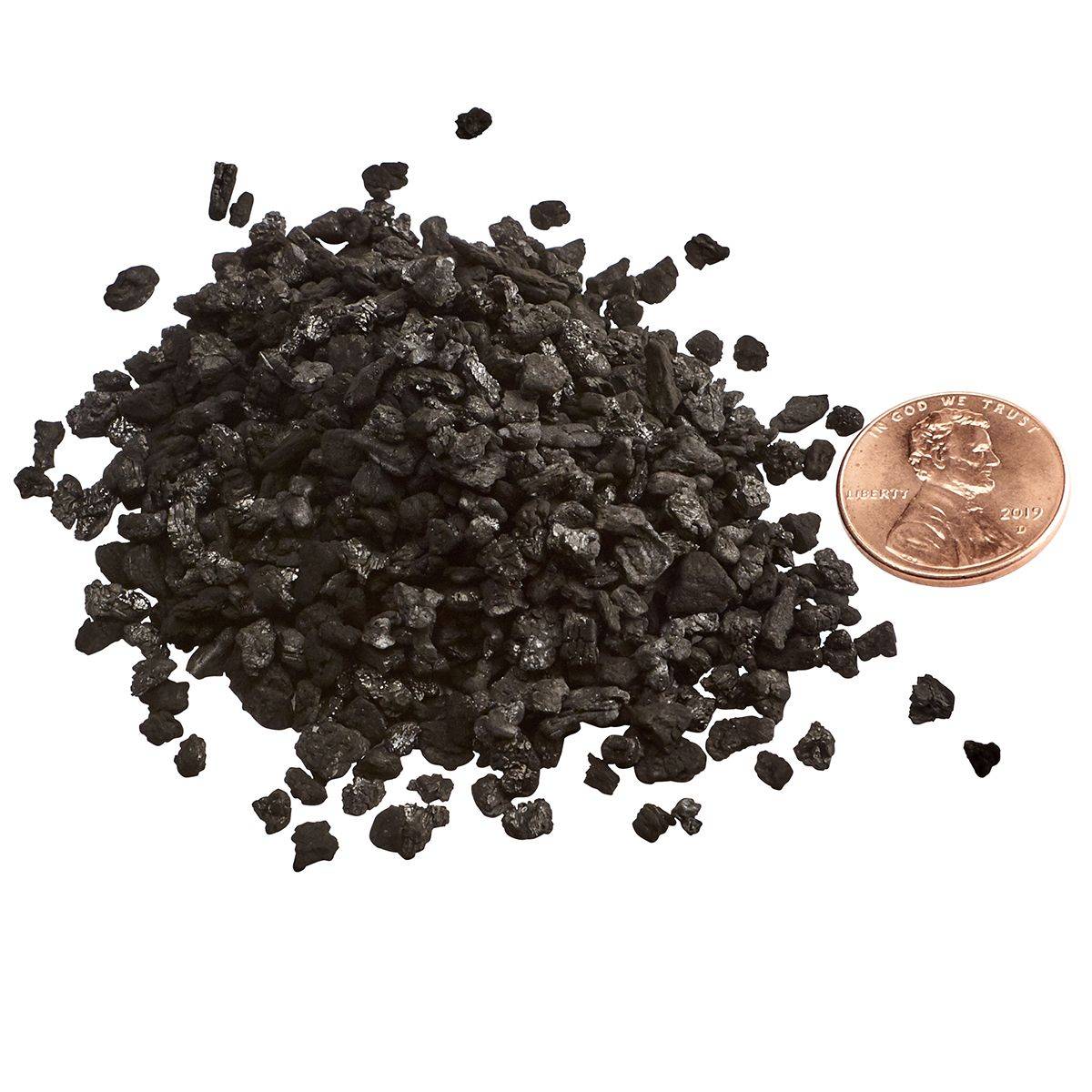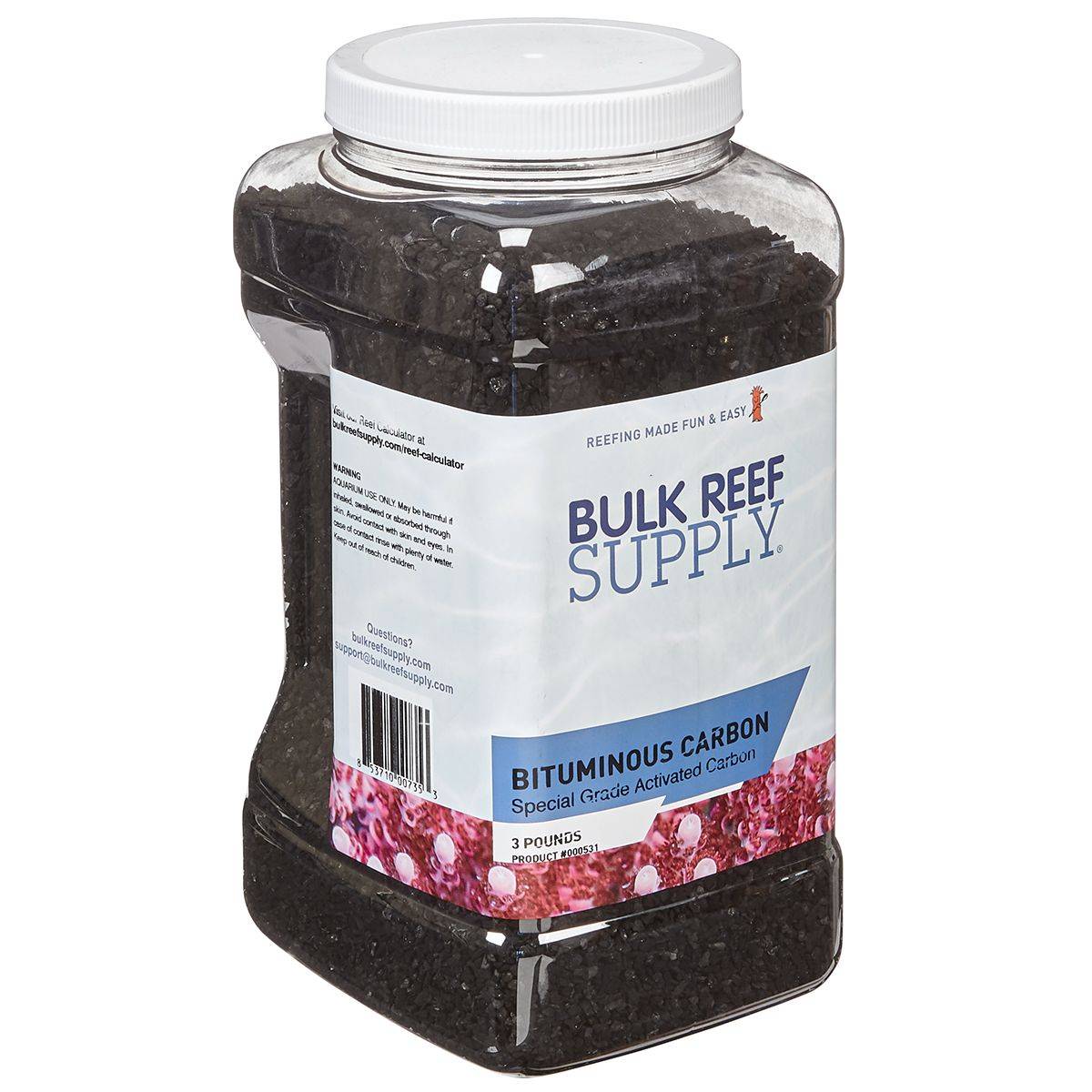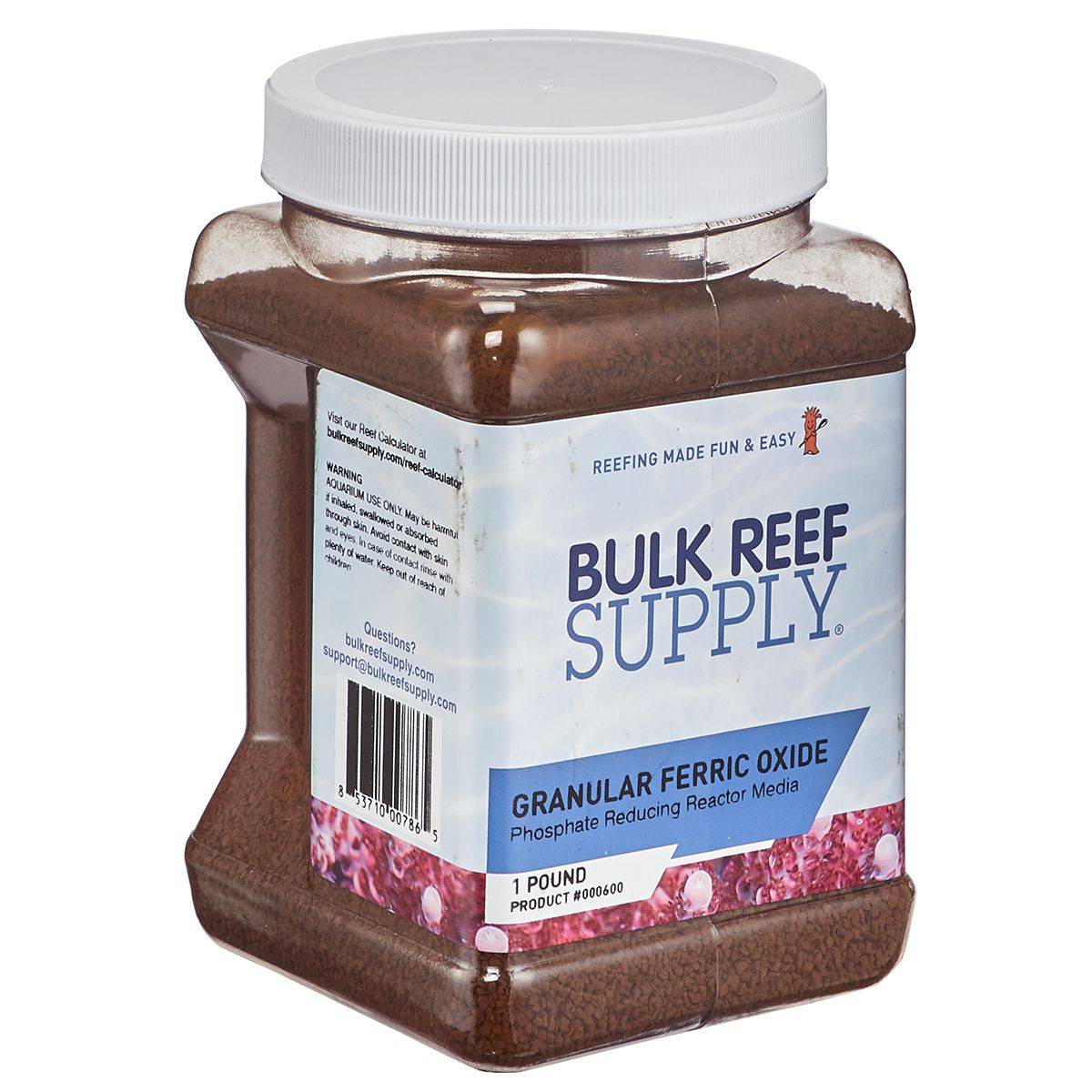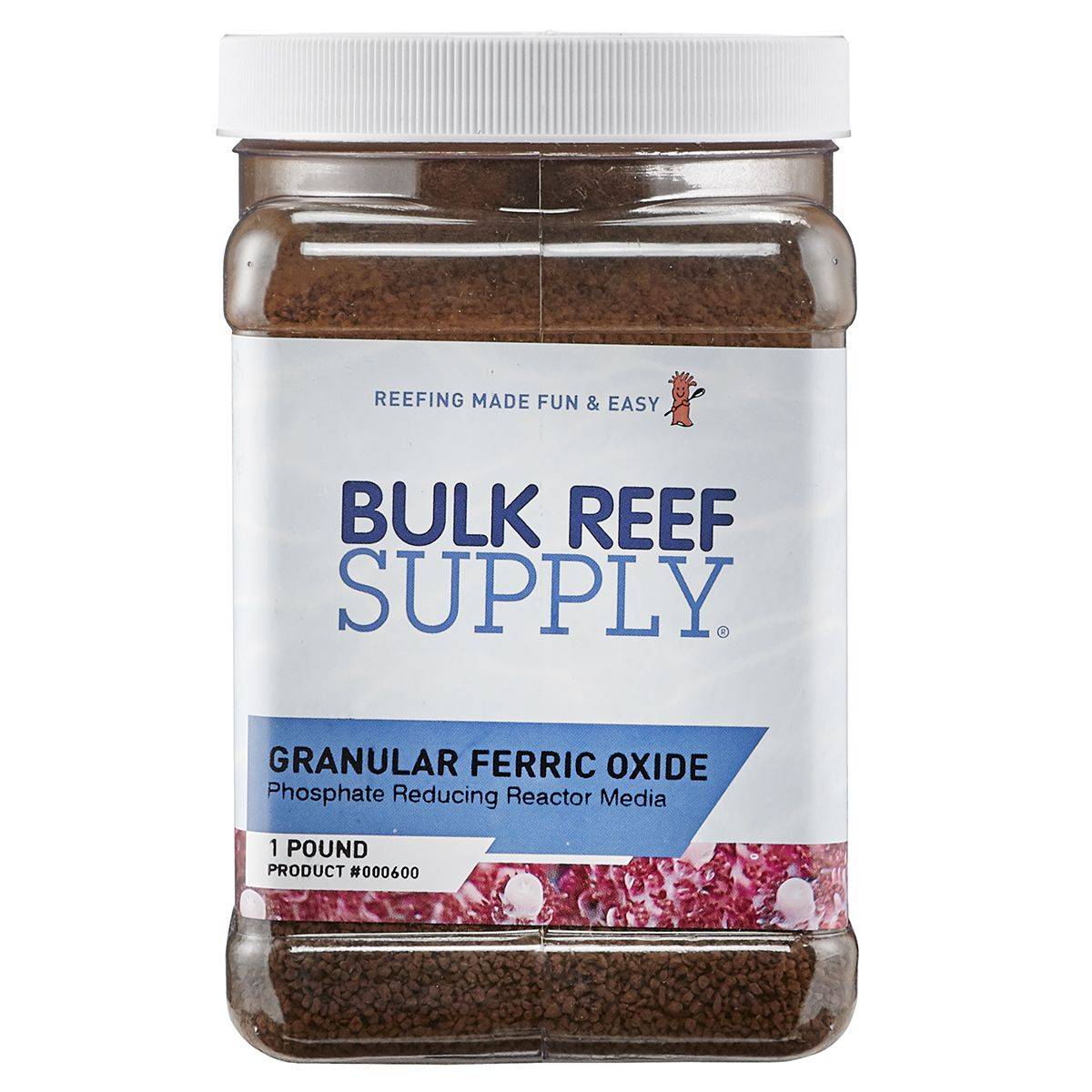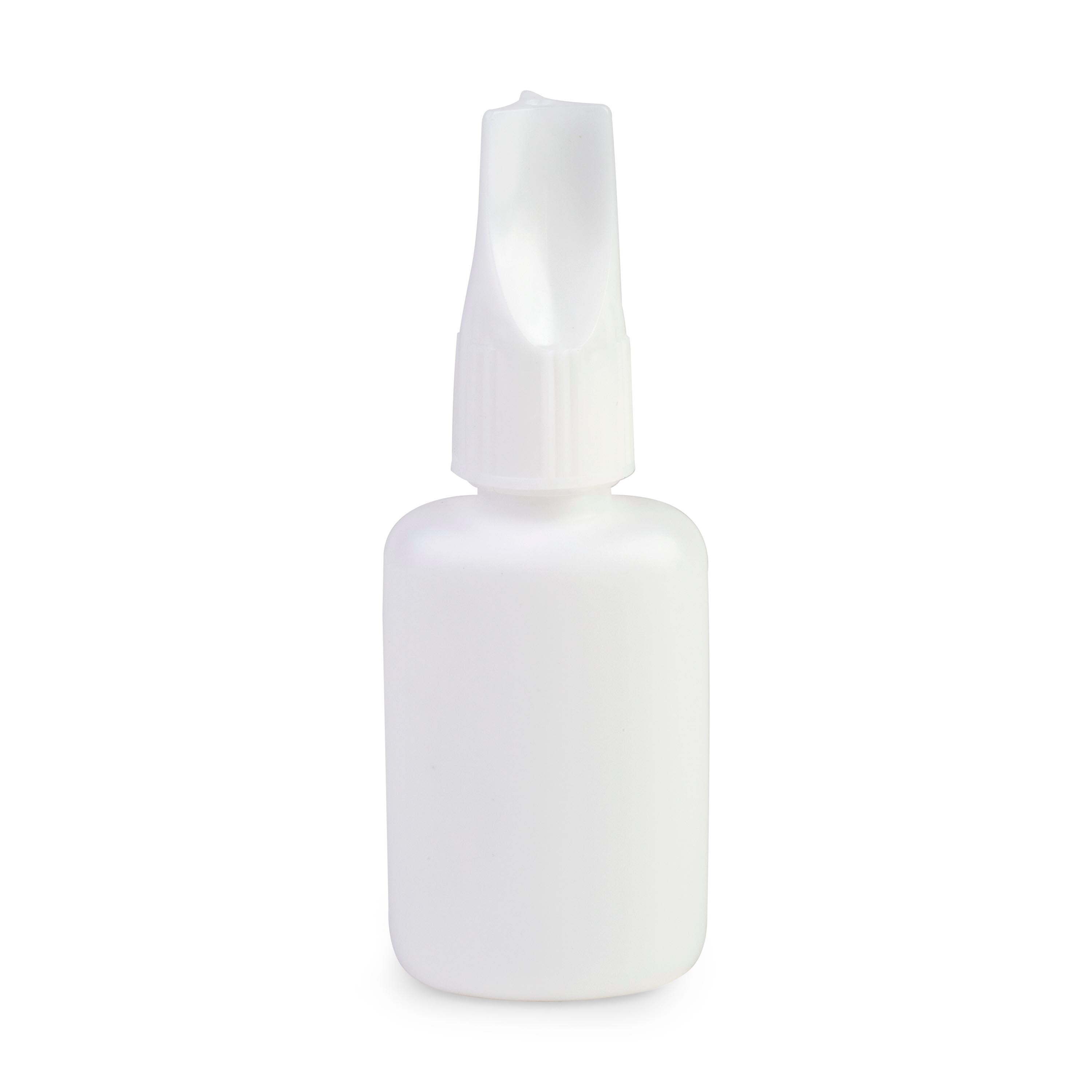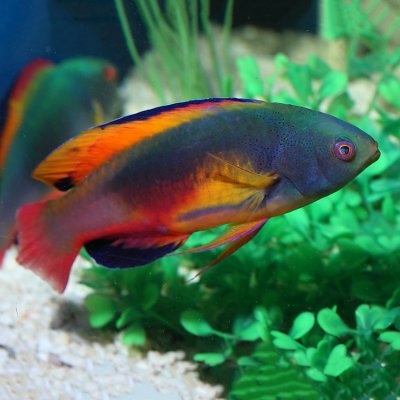
Scott's Fairy Wrasse Male (Cirrhilabrus scottorum)
Max Size: 6 inches
Diet: Carnivore
Temperament: Semi-Aggressive
Reef Compatible: Yes
Minimum Tank Size: 90 gallons
The Scott's Fairy Wrasse, also known as the Black-fin or Blackedge Fairy Wrasse, can be found in the waters of Australia, Cook Islands, and Fiji, with each location representing a unique color variation of Cirrhilabrus scottorum.
In Fiji, it is referred to as Scott's Greenback Fairy Wrasse, displaying a predominantly green coloration with a striking black margin on its dorsal fin. The version from Cook Islands exhibits a bluer hue, complemented by yellow fins and more defined breaks between the colors. Meanwhile, the variety found in Australia showcases more red within its fins and a less dramatic break in coloration along its body. Both male and female Scott's Fairy Wrasse share similar color patterns, but during courtship, the male intensifies its colors to impress potential mates. The fish's mood can also influence its color display.
A welcome addition to fish-only or reef aquariums of 90 gallons or larger, the Scott's Fairy Wrasse is a peaceful and lively species that brings a vibrant splash of color and activity. They are reef-safe, causing no harm to corals or invertebrates, making them an excellent choice for reef enthusiasts. However, it's important to note that these wrasses have a tendency to jump, so it is advisable to provide a secure and tight-fitting canopy to prevent any mishaps.
For the well-being of the Scott's Fairy Wrasse, a balanced diet is essential. Ensuring they receive proper nutrition, their diet should consist of vitamin-enriched frozen mysis shrimp, frozen brine shrimp, and other meaty foods, along with high-quality marine flakes and marine pellets.
In summary, the Scott's Fairy Wrasse, also known as the Black-fin or Blackedge Fairy Wrasse, presents fascinating color variations depending on its origin, with unique features in Fiji, Cook Islands, and Australia. Their peaceful and active nature makes them an attractive addition to aquariums, adding both color and movement. Reef enthusiasts will appreciate their reef-safe behavior, making them an ideal choice for coral and invertebrate-rich environments. However, it's essential to provide a secure canopy to prevent any jumping incidents. To support their health and vibrancy, a well-rounded diet consisting of various vitamin-enriched foods is recommended.


